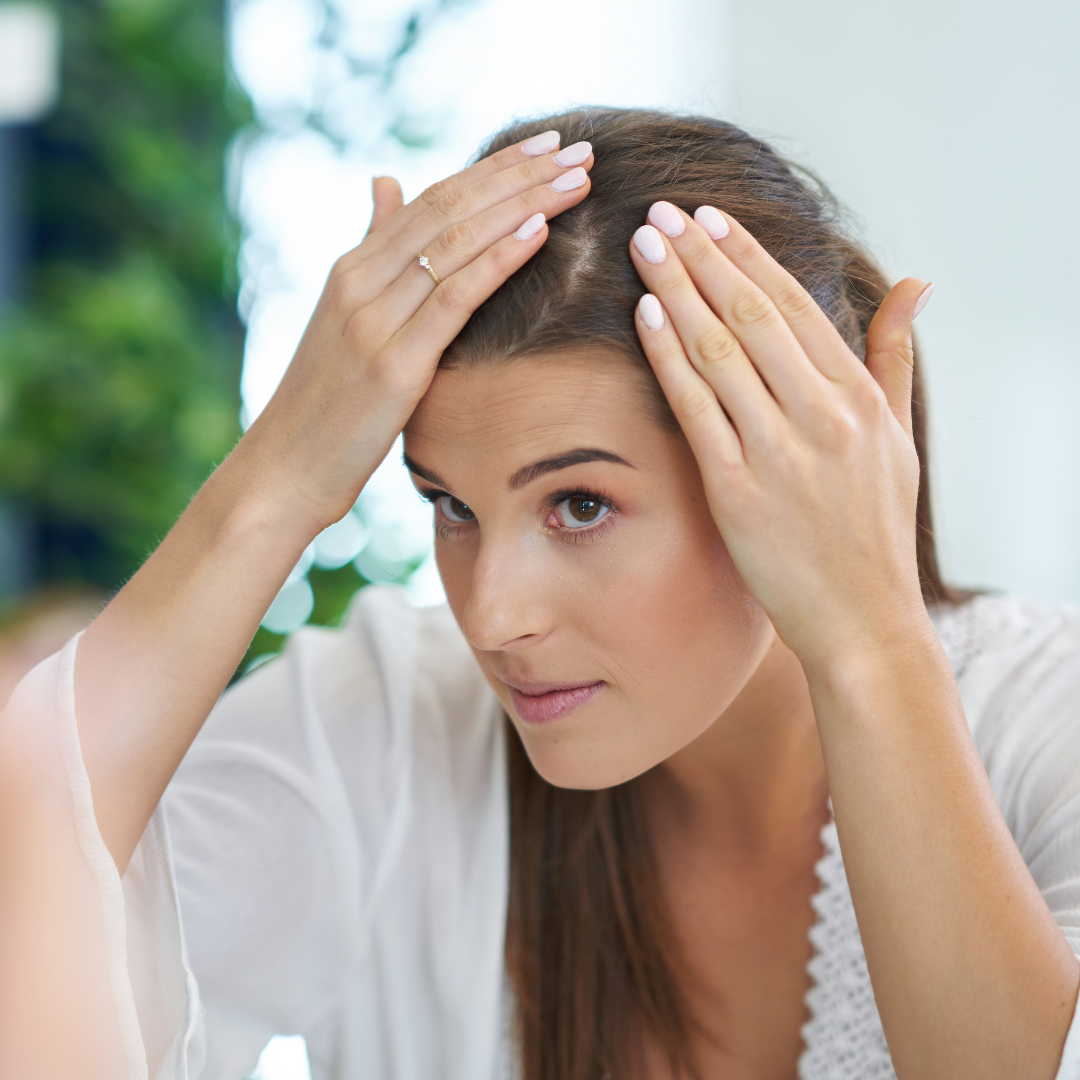Hair loss can be a distressing experience for women, affecting self-esteem and overall confidence. While it's often associated with men, baldness in women is a significant concern that deserves attention. Women searching for the causes of hair loss frequently discover that it stems from a variety of factors, ranging from hormonal imbalances and medical conditions to lifestyle choices. Understanding these causes is the first step in addressing the issue and exploring effective treatment options.

1. Female-Pattern Hair Loss (Androgenetic Alopecia)
The most common cause of baldness in women is female-pattern hair loss. This hereditary condition typically manifests as gradual thinning at the crown and along the parting. Hormonal changes, particularly after menopause, play a significant role. Hair follicles become sensitive to androgens, leading to a progressive reduction in hair density. While this condition is not entirely reversible, treatments such as minoxidil can slow its progression and encourage regrowth.
2. Hormonal Changes
Hormonal fluctuations are a leading cause of hair loss in women. During menopause, declining levels of estrogen and progesterone can result in noticeable thinning. Pregnancy and conditions like polycystic ovary syndrome (PCOS) also contribute to hormonal imbalances that affect hair growth. Additionally, thyroid disorders, such as hypothyroidism and hyperthyroidism, can disrupt the hair growth cycle, causing excessive shedding or thinning.
3. Telogen Effluvium
Telogen effluvium is a temporary condition where a significant stressor forces a large number of hair follicles into the resting phase of the growth cycle. This results in widespread shedding. Common triggers include childbirth, severe illness, significant weight loss, or emotional stress. Although distressing, telogen effluvium often resolves on its own once the underlying cause is addressed.

4. Medical Conditions
Autoimmune diseases like alopecia areata can cause sudden, patchy hair loss as the immune system mistakenly attacks hair follicles. Other medical conditions, such as lupus and diabetes, may also contribute to thinning hair by impacting the scalp's overall health. These conditions often require medical intervention for effective management.
5. Nutritional Deficiencies
The importance of nutrition for hair health cannot be overstated. Deficiencies in iron, protein, and vitamins such as biotin and vitamin D can weaken hair and lead to increased shedding. Women with restrictive diets or low-calorie intake are particularly at risk. Incorporating nutrient-rich foods like leafy greens, nuts, and fish can support hair growth and prevent deficiencies.
6. Stress and Emotional Factors
Chronic stress can disrupt overall health and hair growth cycles. Psychological stressors are often linked to telogen effluvium, where stress causes hair follicles to prematurely enter the resting phase. Managing stress through relaxation techniques such as yoga, meditation, or regular exercise can mitigate its impact on hair health.
7. Hair Care Practices
Hair care routines can significantly influence hair health. Overuse of heat styling tools, chemical treatments, and tight hairstyles can damage hair follicles and lead to breakage or hair loss. Adopting gentler hair care practices, such as using sulphate-free shampoos and avoiding excessive heat, is crucial for maintaining healthy hair.
8. Medications
Certain medications list hair loss as a potential side effect. Drugs used for high blood pressure, depression, and cancer treatments like chemotherapy can contribute to baldness. Consulting a healthcare provider about alternative treatments or solutions may help minimize hair loss.
9. Scalp Infections
Fungal infections like ringworm can lead to localized bald patches on the scalp. These infections can damage hair follicles and hinder regrowth. Fortunately, antifungal treatments can effectively address the problem and restore hair health.

Conclusion
Baldness in women is a multifaceted issue influenced by genetic, hormonal, medical, and lifestyle factors. From female-pattern hair loss and hormonal changes to nutritional deficiencies and stress, understanding these causes is the key to finding effective solutions. While some causes require medical treatments, others can be managed with dietary changes, stress management, and proper hair care routines. If you’re experiencing significant hair loss, consulting with a healthcare professional or dermatologist can provide personalized insights and help you take control of your hair health.
Experiencing scalp problems? Try out BioScalp's proven scalp care treatments.








